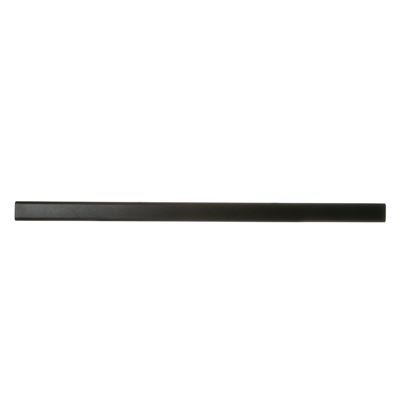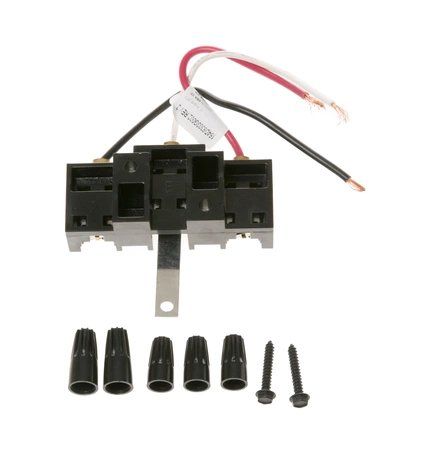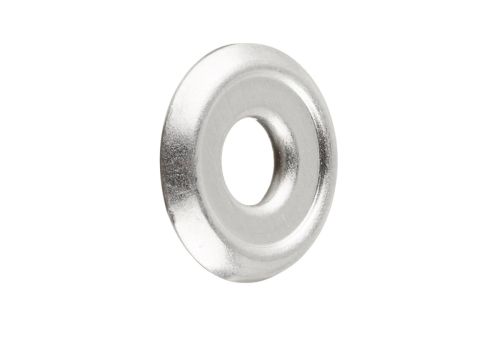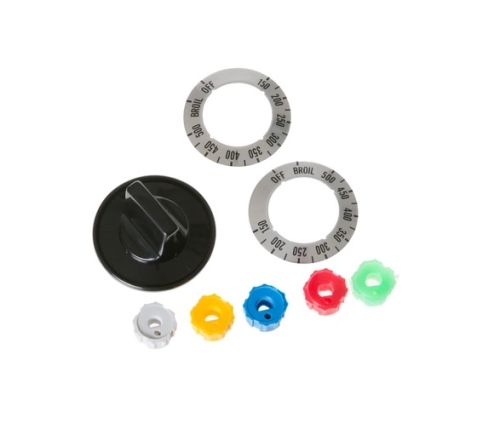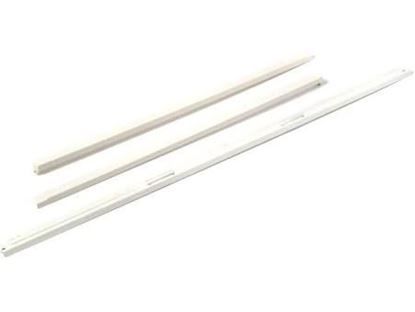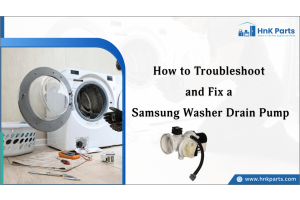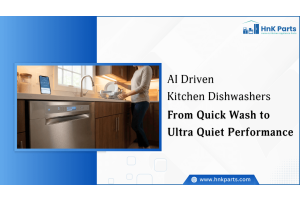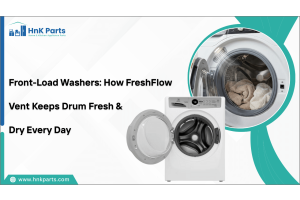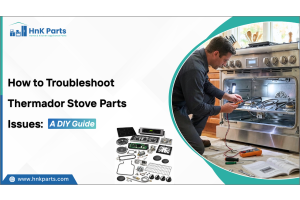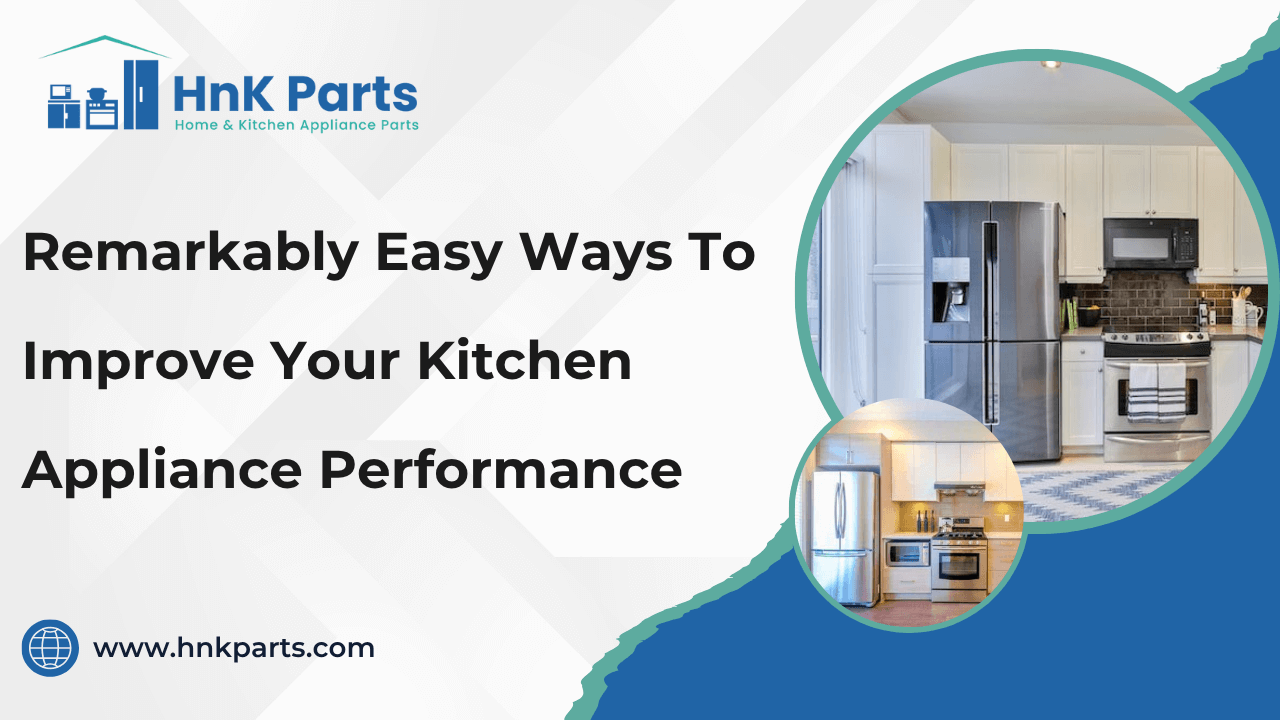
Remarkably Easy Ways to Improve Your Kitchen Appliance Performance
In today’s fast-paced world, our kitchen appliances do the heavy lifting, they preserve our food, handle our dirty dishes, and speed up daily cooking. Yet, even the best appliances can’t deliver optimal efficiency and long life unless we take proactive steps to care for them.
While most homeowners only think about their appliances when something goes wrong, the reality is that minor, regular upgrades and maintenance can result in major gains in performance. From cleaning routines to upgrading simple parts, these small actions not only enhance your kitchen’s convenience but also its sustainability. Read on to discover how a handful of straightforward strategies can make your kitchen run more smoothly than ever and keep those time-saving devices working at their best.
Clean Regularly to Maintain Peak Performance
A clean appliance is a happy, high-performing appliance. Dust, food debris, and grease can accumulate, clog parts, and make your machines work harder than necessary. This extra strain reduces efficiency, raises energy consumption, and shortens longevity.
Benefits of routine cleaning
-
Enhances efficiency: Grime buildup can force motors, fans, and heating elements to work overtime, draining more electricity.
-
Prevents breakdowns: Clogged components and vents can lead to overheating or system failure.
-
Preserves food safety: Clean interiors prevent mold, bacteria, and lingering food odors.
Recommended cleaning schedule for key appliances
-
Refrigerator: Wipe shelves and bins every two weeks; deep-clean every two months.
-
Dishwasher: Remove and wash filters monthly; wipe seals and interior walls weekly.
-
Oven/stovetop: Wipe spills after each use; deep clean burners and interiors monthly.
-
Microwave: Clean interiors weekly; regularly wipe exterior vents.
-
Coffee machine: Descale monthly to avoid mineral buildup.
Even 15 minutes a week spent wiping, vacuuming, or washing removable parts can add years to your appliances’ service life.
Replace Filters and Seals Promptly
Filters and seals are silent workhorses in your appliances, ensuring both efficiency and hygiene.
-
Air/water filters: Found in refrigerators, dishwashers, and some washing machines, these filters trap contaminants to keep your food and water safe.
-
Door seals (gaskets): Rubber seals on refrigerators, ovens, and dishwashers ensure tight closure to prevent energy loss and moisture escape.
Old or damaged filters can lead to the buildup of impurities, affecting performance and safety. Worn-out door seals allow warm air in and cool air out (or vice versa), causing your appliance to use more energy and possibly spoil food.
Tips:
-
Replace refrigerator water filters every six months.
-
Check and replace door seals annually or at the first sign of cracks or loss of flexibility.
-
Clean seals monthly to prevent mold, especially on high-humidity appliances like refrigerators and dishwashers.
-
Neglecting these small components can drive up your energy bill and reduce appliance effectiveness dramatically.
Use Appliances Efficiently
How you use your appliances affects their lifespan as much as how you care for them.
Dishwashers and washing machines
-
Correct loading: Overloading forces the motor to work harder; underloading wastes water and energy. Follow the manufacturer’s guide for the ideal load size.
-
Detergent use: Too much soap causes buildup; too little can lead to residue.
-
Water temperature: Use cold or warm cycles when possible to save energy.
Ovens
-
Preheat only when necessary: Most modern ovens reach temperature quickly; constant preheating isn’t always required for every recipe.
-
Batch cooking: Bake multiple items back-to-back to take advantage of residual heat.
Adapting these minor habits leads to big performance and efficiency improvements over time.
Upgrade Small but Impactful Parts
You don’t need to replace your whole appliance to get a “like new” performance boost, sometimes, swapping a single worn part makes all the difference.
Easy DIY upgrades
-
Dishwasher racks and rollers: Avoid rusted racks that damage dishes or make irritating noises.
-
Burners and drip pans: Replace uneven electric stovetop burners for better heating control.
-
Refrigerator light bulbs: Swap in bright, energy-efficient LED bulbs to make contents more visible and inviting.
-
Oven thermometers: Add or replace for more accurate baking.
Small part replacements are affordable, require minimal tools, and can extend the useful life of your appliance by several years. These changes also optimize appliance performance, reduce frustration, and, in some cases, even increase safety.
Calibrate for Accuracy
Even the best appliances lose their accuracy over time. Oven temperatures drift, refrigerator thermostats go off, and what you set may not be what you get.
-
Ovens: An oven that runs hot or cold can ruin recipes, waste energy, and impact food safety.
-
Refrigerator and freezer thermostats: Improper calibration allows food to spoil or freeze produce unnecessarily.
How calibration makes a difference
-
Energy use: Appliances don’t work harder than they need to, saving on bills.
-
Cooking accuracy: Meals cook evenly and safely.
-
Longevity: Machines avoid overworking components that compensate for incorrect readings.
Simple calibration steps can often be found in the user manual or on the manufacturer’s website. Buying a simple oven thermometer or refrigerator thermometer ensures that your readings remain accurate.
Keep Vents and Coils Clean and Unobstructed
Airflow is crucial for appliances dealing with temperature regulation—think refrigerators, microwaves, and even ovens.
Dusty condenser coils make your fridge run hotter and longer, using more electricity and risking breakdowns.
-
Unplug the refrigerator, remove the front grille or rear panel, and vacuum coils or wipe them down with a coil brush.
-
How often: Every 6-12 months.
Microwave vents: Grease- or dust-laden vents overheat your microwave, making it less efficient at removing cooking odors and steam.
-
Remove the vent filters and screens, wash them in warm, soapy water, and wipe the vent exterior.
-
How often: Every 1-2 months, or as recommended by the manufacturer.
Unclogged vents and coils keep appliances running at their designed efficiency with less strain, lower bills, and longer lifespans.
Install Smart Plugs or Timers
Smart home technology offers easy, cost-effective ways to automate your kitchen and improve appliance performance.
-
Smart Plugs: Control non-essential appliances remotely or on a schedule—turn off coffee machines, toasters, or slow cookers when not in use.
-
Timers: Set older appliances on a timer to avoid running them when not needed.
-
Avoiding Phantom Energy Drain
Many appliances use power even when off. Smart plugs and timers ensure appliances are truly off when not needed, saving energy and reducing costs.
Know When It’s Time to Upgrade
Not all appliances can be saved forever. Sometimes, the most efficient move is to recognize when an upgrade is necessary.
Signs an appliance is beyond Optimization
-
Frequent breakdowns or repairs cost more than replacement.
-
Significantly louder operation or strange odors persist.
-
Energy usage keeps climbing despite regular maintenance.
Choosing energy-efficient models when replacing
-
Look for the ENERGY STAR® label and compare efficiency ratings and yearly operating costs before you buy. Modern appliances are designed for both energy efficiency and convenience and pay for themselves over time in savings and reliability.
-
During replacement, ask about recycling or donation programs for your old appliance to keep it out of the landfill.Home & Kitchen Appliance Error Codes: and How to Fix Them
You don’t need to be an appliance expert or spend a fortune to see real improvements in your kitchen. Small, regular maintenance tasks and strategic upgrades can transform how your appliances perform, lower your utility bills, increase convenience, and extend longevity. Start with easy wins, cleaning vents, changing filters, and loading appliances correctly—and build from there. Over time, these minor actions will result in a kitchen that runs smoothly, efficiently, and reliably for years to come.
FAQs
How can I tell if my refrigerator compressor is underperforming?
A refrigerator compressor might be underperforming if you notice warm interior temperatures, loud or constant buzzing, or increased energy bills. Check for dirty condenser coils and listen for clicking sounds, which could signal compressor failure.
Does using the wrong cookware affect appliance performance?
Yes. Using incompatible cookware—such as non-magnetic pots on induction cooktops or oversized pans on small gas burners—can lead to inefficient heat distribution and longer cooking times, reducing overall appliance performance.

